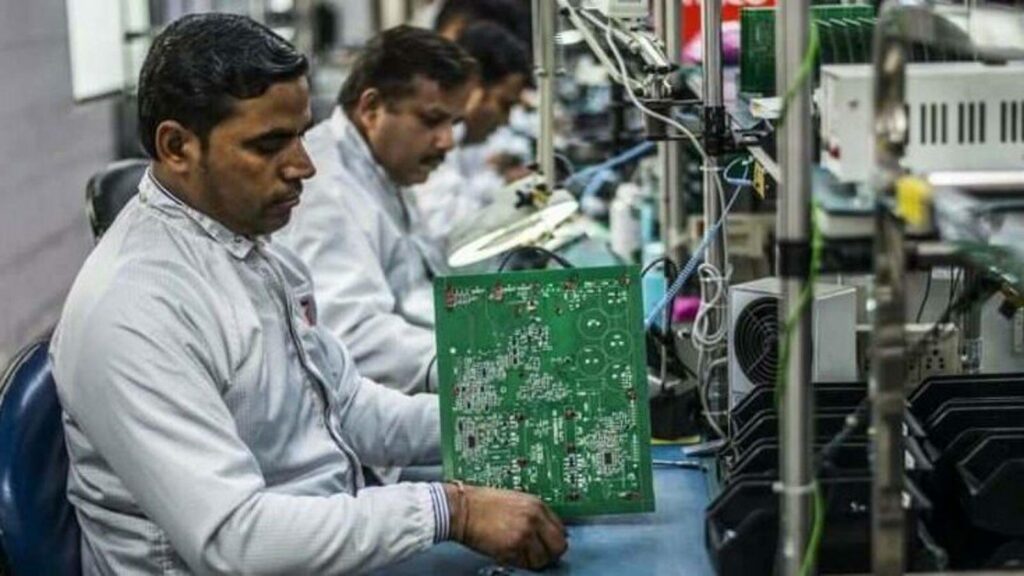
With the Narendra Modi-led NDA government commencing its third term, the manufacturing sector anticipates policy continuity, increased capital infusion, and new PLI schemes to strengthen India’s position as a preferred manufacturing hub and to enhance a robust and resilient supply chain ecosystem.
Industry insiders are optimistic about the coalition government. The entry of Chandrababu Naidu-led Telugu Desam Party (TDP) into the ruling alliance is seen positively, as Naidu, now Andhra Pradesh’s chief minister, is expected to drive reform and innovation, acting as a “force multiplier.”
“There is comfort in having just two main alliance partners with the BJP. Chandrababu Naidu is perceived as a progressive and forward-thinking politician, and Nitish Kumar, aiming to keep his prospects bright in Bihar, will likely push for the state’s development,” an industry body spokesperson told ET anonymously.
The coalition regime is expected to lead to a more “uniform distribution” of projects across various states.
“We anticipate more even project distribution among states. With BJP’s win in Odisha and its proximity to Andhra Pradesh, areas like Visakhapatnam might see increased industrial investment,” the spokesperson added. However, some officials expressed concerns that big-ticket projects might favor Andhra Pradesh due to Naidu’s influence, potentially intensifying competition between states for projects.
Overall, the TDP partnership with BJP is viewed positively, with Naidu seen as accessible and receptive. The appointment of a TDP cabinet minister for civil aviation is welcomed, as it could expedite approvals for regional airports in southern states.
“There’s no nervousness or uncertainty,” an electronics manufacturing industry representative told ET. “The coalition is seen as enhancing focus on manufacturing, benefiting the electronics sector.”
The manufacturing industry is eager for the continuation and expansion of successful PLI schemes from Modi’s second term, including new incentives for traditional sectors like textiles, cement, and leather.
In the electronics manufacturing industry, attention is on pending proposals with the India Semiconductor Mission (ISM) awaiting cabinet approval, with hopes for progress post the July budget.
In the automotive sector, expectations of policy continuity and a sustained focus on the Make in India initiative are fostering optimism.
“The general sentiment is very positive, with no expectation of losing momentum,” said Soumen Mandal, senior research analyst at Counterpoint Research. “In the automotive and heavy industries sectors, there’s a belief in continued policy direction, as these are major employment sectors that the government aims to further boost in their third term.”